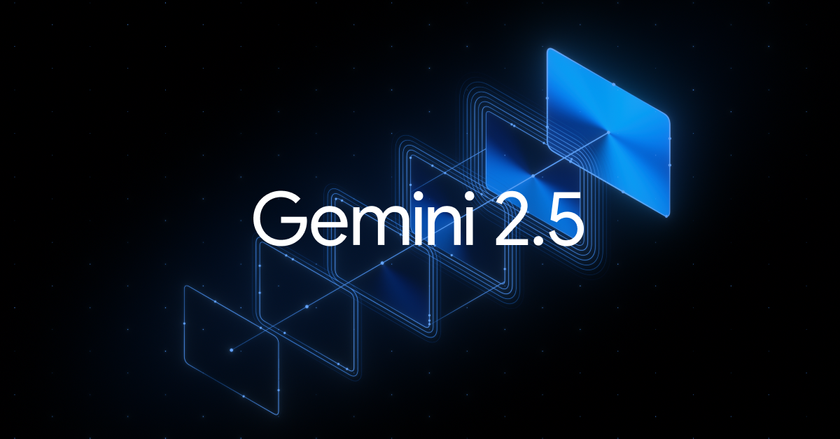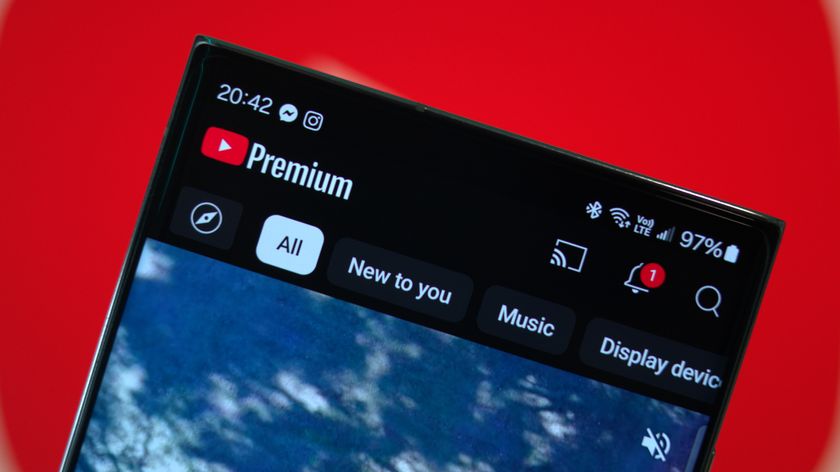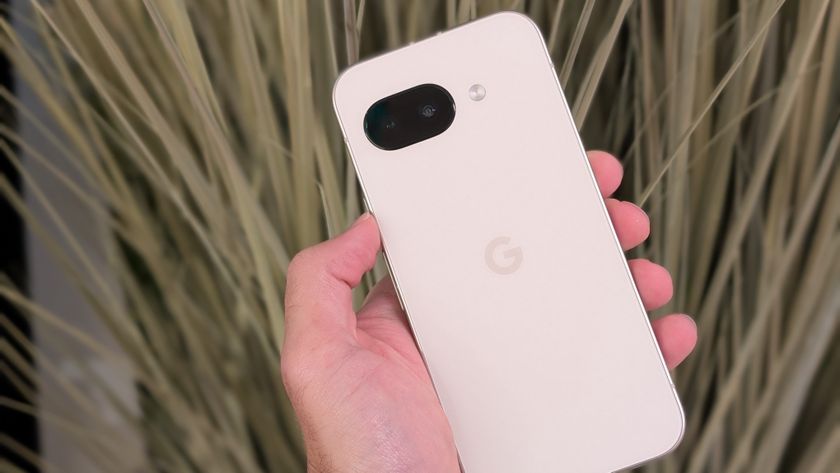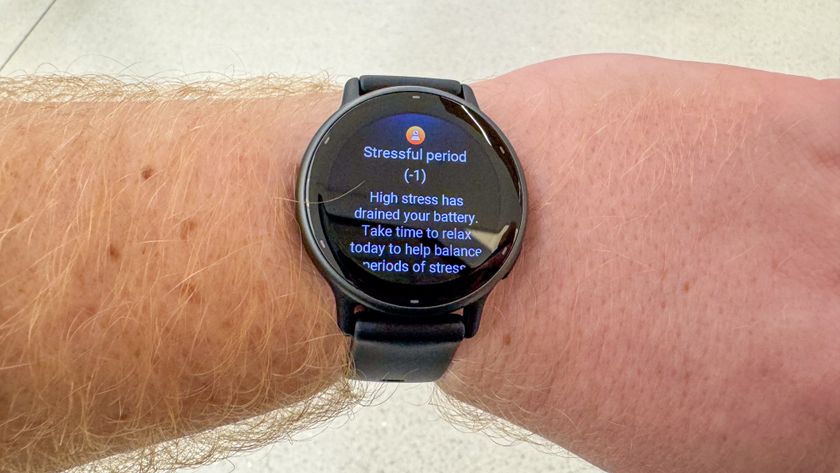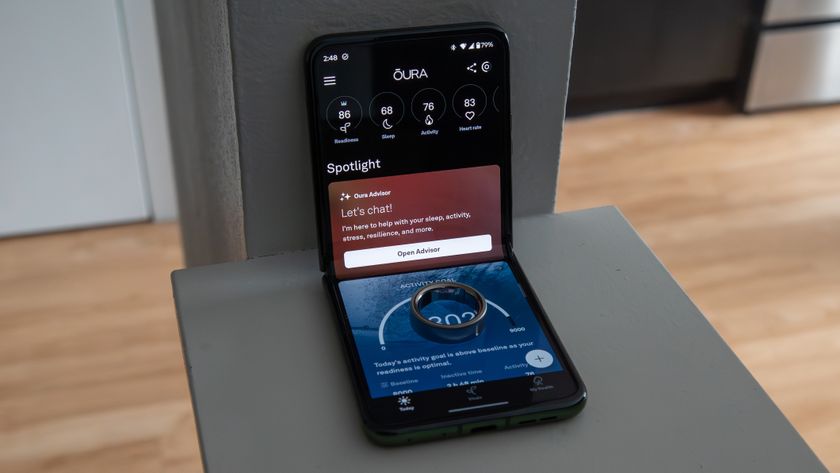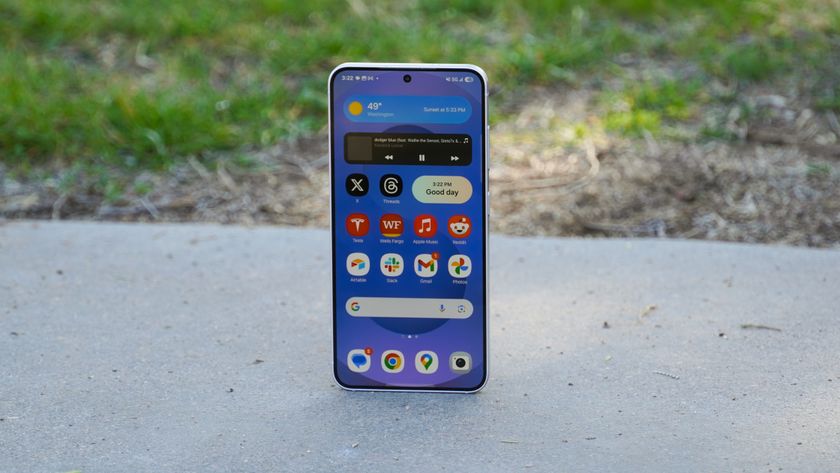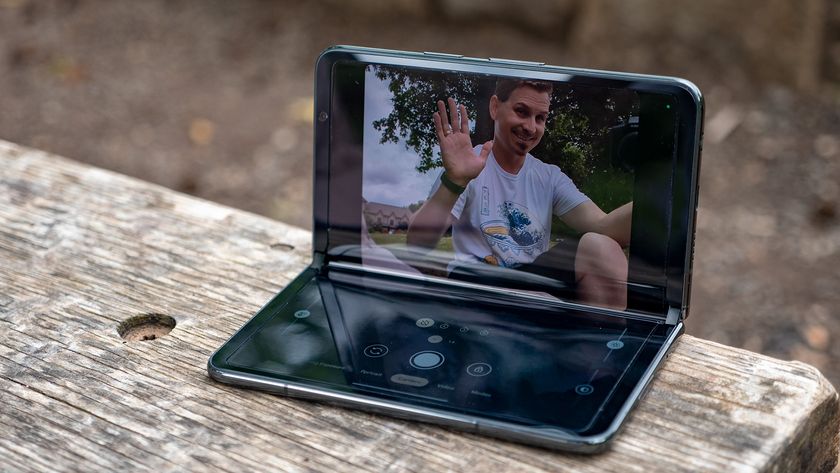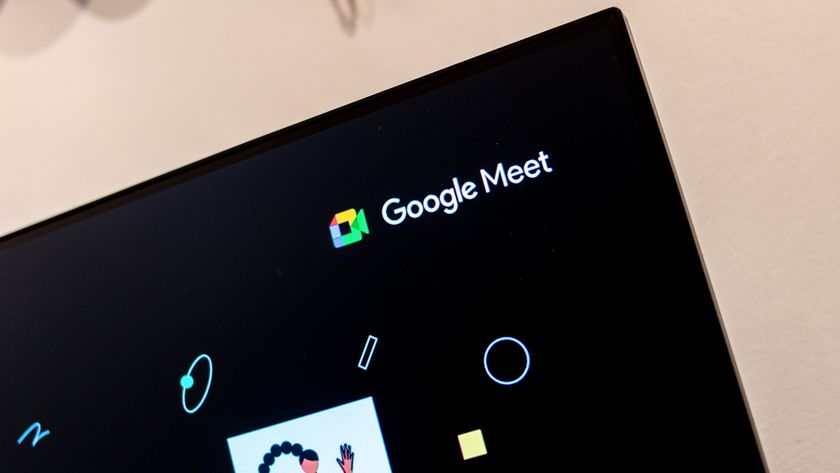Beeper Mini is down for some after Apple vowed to protect iMessage, but there's a workaround
Apple said it would continue to fight unauthorized iMessage client, and it won another round today.
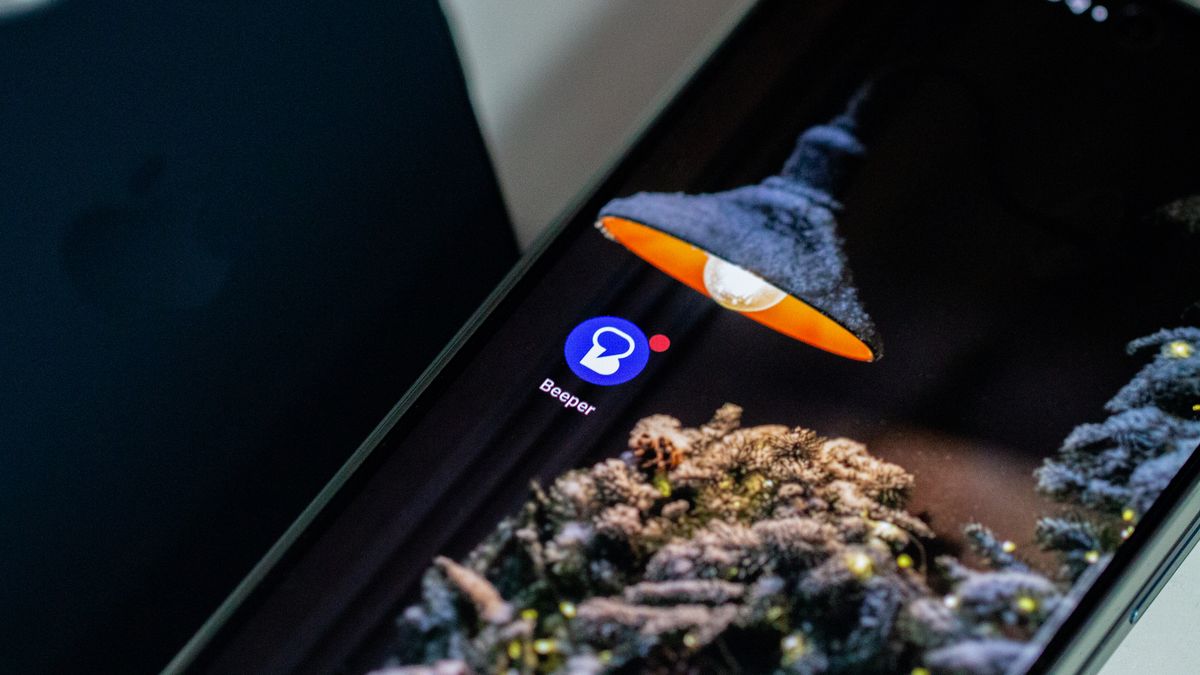
Update (Dec 14, 12:45 am ET): There's a workaround to blocked iMessages.
What you need to know
- Beeper said it is looking into reports that iMessage is unavailable on Beeper Mini and Cloud as of Wednesday night.
- The development came after Apple vowed to continue fighting against Beeper's unauthorized access to iMessage.
- It's unclear how long Beeper can survive with its one-step forward, two-steps-back approach to reverse-engineering iMessage.
Beeper, the client that figured out how to reverse-engineer iMessage, is down once again. The company said it was "investigating reports that some users cannot receive iMessages on Beeper Mini and Beeper Cloud" in a post on X (formerly Twitter) on Wednesday night. Though it has not been confirmed, it would appear that Apple might be making good on its promise to continue fighting Beeper's unauthorized access to iMessage.
Beeper Mini was able to run a fully tokenized iMessage client on Android, which was a breakthrough for the iMessage on Android movement. It worked without needing an Apple ID, and an Android phone number was used for official activation. But that only lasted a mere three days before it was promptly crushed by Apple.
Beeper pledged to continue working on iMessage for Android, eventually restoring it in a limited capacity on Monday. While the company managed to get iMessage working with an Apple ID, phone number activation no longer worked.
Beeper decided to hold off on charging its original $2 monthly subscription until phone number activation worked. That's good for customers, but it also means that Beeper's one-step forward, two-step-back approach to reverse-engineering iMessage isn't generating any revenue.
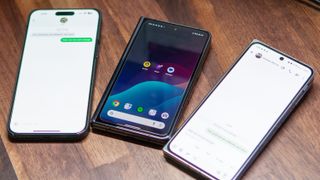
Although it's still unclear if the problems some users are facing are the result of Apple attempting to block access again, Beeper Mini going down once again seemed all but inevitable. In a rare move, Apple publicly stated its intent to squash any attempt by Beeper to access its iMessage platform.
"We took steps to protect our users by blocking techniques that exploit fake credentials in order to gain access to iMessage," the company said in a statement to The Verge. "These techniques posed significant risks to user security and privacy, including the potential for metadata exposure and enabling unwanted messages, spam, and phishing attacks. We will continue to make updates in the future to protect our users."
Be an expert in 5 minutes
Get the latest news from Android Central, your trusted companion in the world of Android
Beeper unsurprisingly had a different view of what was going on.
"We stand behind what we've built. Beeper Mini [keeps] your messages private, and boosts security compared to unencrypted SMS," Beeper said in a post on X. "For anyone who claims otherwise, we'd be happy to give our entire source code to mutually agreed upon third party to evaluate the security of our app."
Regardless of which company's opinion you side with, there looks to be a clear takeaway here. With the latest developments, Apple has shown it intends to fight unauthorized access to iMessage with all of its trillion-dollar might. It's hard to see a scenario where a company like Beeper, minuscule by comparison, comes out on top.
Update
Beeper posted an update on X, stating that Apple may be the reason why some users aren't able to send or receive iMessages. However, it seems Apple's effort has only affected a small percentage of users, and a fix is on the way.
Meanwhile, a workaround to the issue is available for Beeper Mini, with the company stating that affected users can uninstall and reinstall the app. As for Beeper Cloud, the company states that those users can contact Beeper Help for a fix.
Apple appears to be deliberately blocking iMessages from being delivered to ~5% of Beeper Mini users. Uninstalling and reinstalling Beeper Mini fixes the issue. We won't have a fix tonight, but we're working on it. https://t.co/70KbYfcwjrDecember 14, 2023
In response to the issues, CEO Eric Migicovsky acknowledged how the "uncertainty" around the app and Apple's determination to block access may affect users' willingness to continue using Beeper Mini, and that he "won't feel back if you duck out for now."
Migicovsky also alluded to the Epic antitrust lawsuit against Google, where a jury recently fou that Google holds an illegal monopoly with the Play Store.
I understand how ridiculously annoying this uncertainty is for our users. I won't feel bad if you duck out for now. We'll let you know when things are back up and running. @TimSweeneyEpic and Epic won this week against Big Tech. We have a chance. We're not giving up. https://t.co/5Kcj8Yu5BhDecember 14, 2023

Brady is a tech journalist for Android Central, with a focus on news, phones, tablets, audio, wearables, and software. He has spent the last three years reporting and commenting on all things related to consumer technology for various publications. Brady graduated from St. John's University with a bachelor's degree in journalism. His work has been published in XDA, Android Police, Tech Advisor, iMore, Screen Rant, and Android Headlines. When he isn't experimenting with the latest tech, you can find Brady running or watching Big East basketball.
- Derrek LeeManaging Editor
